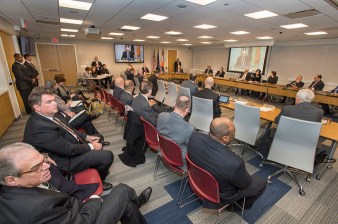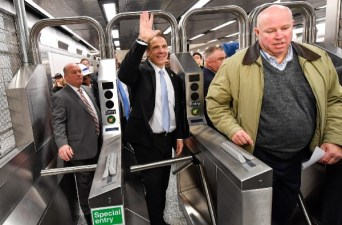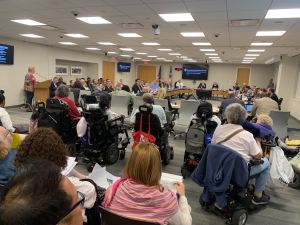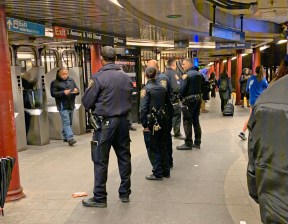Who Is the MTA Board? Not Anyone Most Transit Riders Would Recognize…
Board members are predominantly suburban, white, and wealthy, a Reinvent Albany study finds.
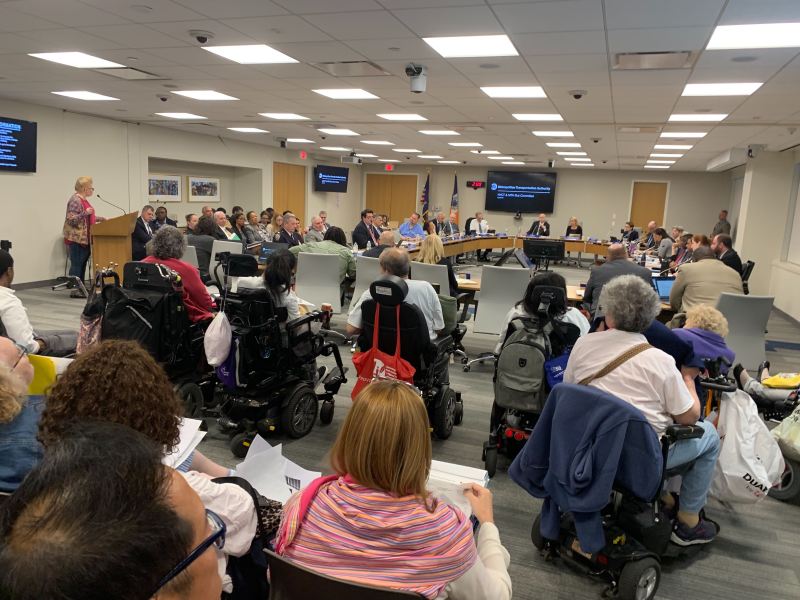
When compared by age, income, and ethnicity, MTA board members are not like most transit riders, according to a Reinvent Albany analysis of board members’ state ethics disclosure forms and public records.
Only 36 percent of the members of the MTA Board live in New York City — compared with 89 percent of MTA riders, according to the latest version of our analysis, “Who is the MTA Board?”
New York City now has less representation on the board than a year ago, when 41 percent of board members lived in the city. While the State Senate was in session, Gov. Cuomo chose not to nominate one of Mayor de Blasio’s recommendations, leaving the city without one of its four board seats, likely until January 2020.
This representation is especially important as the MTA Board is expected to approve the next five-year capital plan this fall.
Our analysis found:
- At least 55 percent of MTA riders are non-white compared to 29 percent of Board. If the MTA Board mirrored ridership, at least nine of its 17 board members would be nonwhite; currently, that number is only four. There is not a single board member of Asian descent.
- Median age of MTA riders is 43, median age of MTA Board is 58. The youngest MTA Board member is 41, and, as of July 2019, the board had just eight members under 60.
- Median household income of MTA riders is $58,000, median household income for Board is $292,080. This makes board members’ median household income more than 5 times that of riders. Many board members possess hundreds of thousands of dollars in real estate holdings and investments, and their average incomes greatly exceed that of most New Yorkers.
- Roughly 52 percent of MTA riders are women versus 43 percent of Board members. As recently as March 2019, there were only three women on the board. Since then, the number has doubled to six, or 43 percent of the board.
Several board members were also noted to have incomplete filings and apparent conflicts of interest.
Haeda Mihaltses, for example, does not list any income or business before the state on her disclosure form, yet in her confirmation hearings and in news reports before her appointment, it was noted that she represented Sterling Project Development, an owner of the Mets, on the Belmont Redevelopment Project, which now includes a proposed LIRR train station. She has stated that she will recuse herself on any votes before the MTA Board, but this conflict is not reflected on her form.
The full report can be found here.
Rachael Fauss (@rachaelfauss) is senior research analyst and Tom Speaker is policy analyst at Reinvent Albany.

